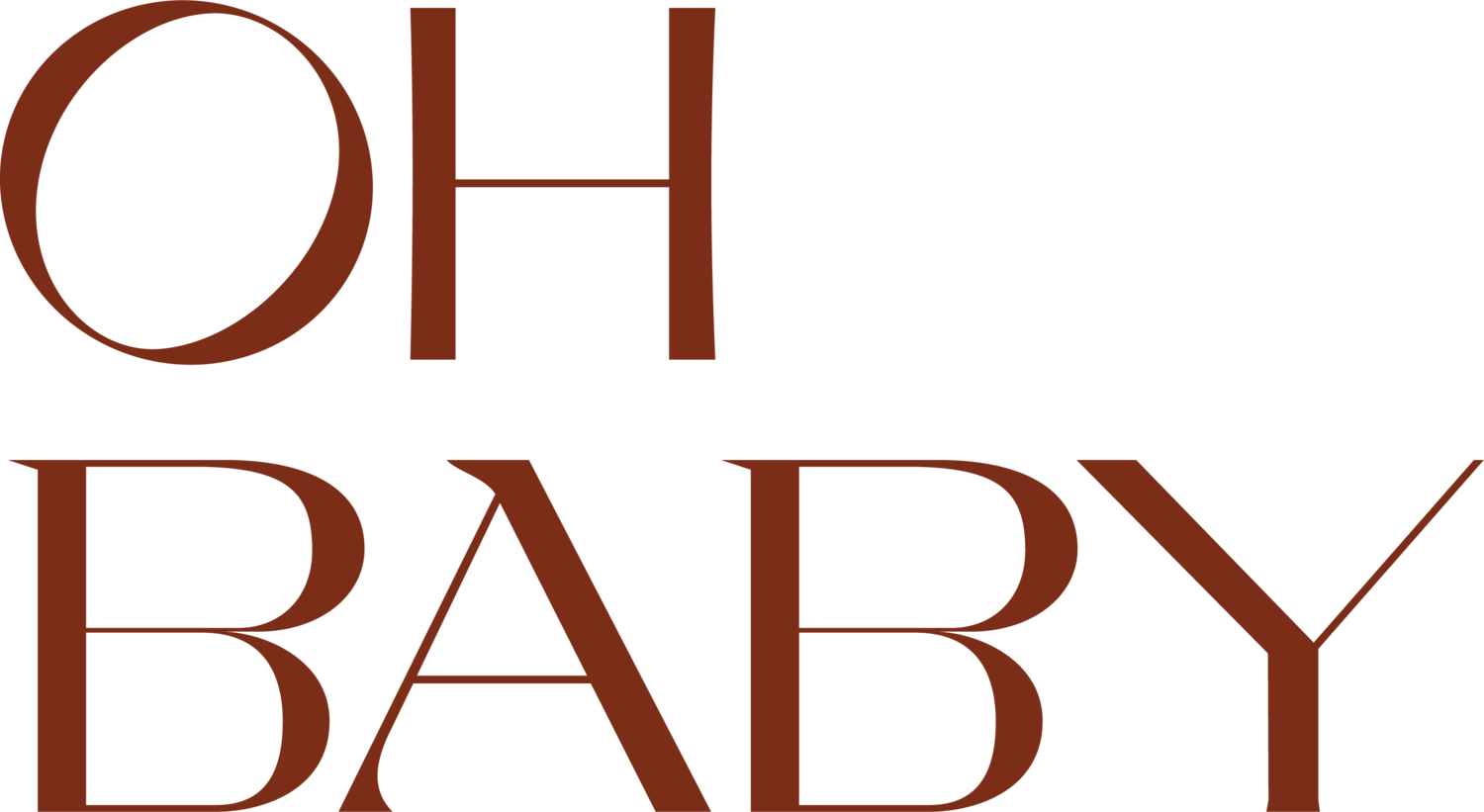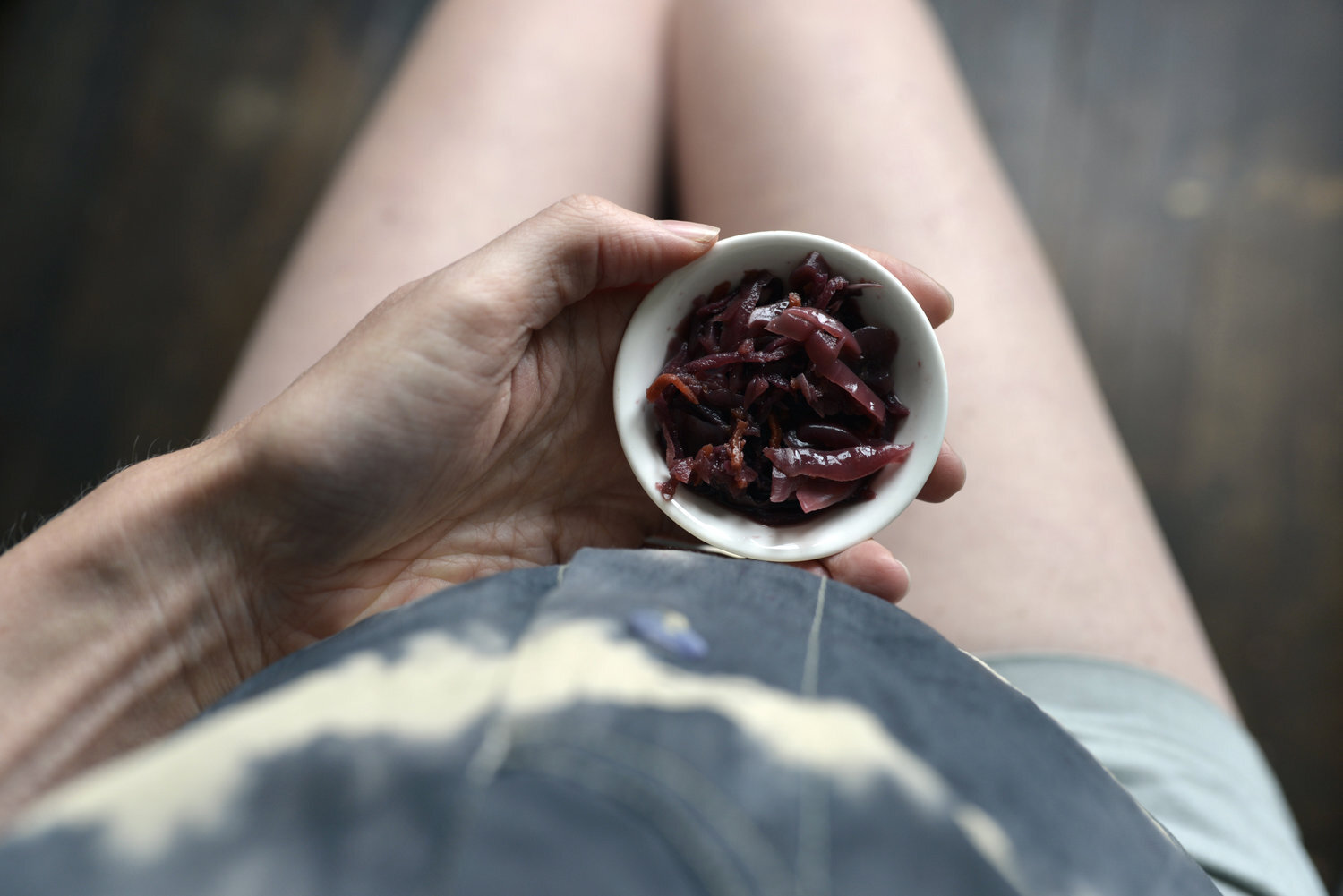Prepping Your Birth Canal & Probiotics in Pregnancy
You have the baby clothes washed and folded, the car seat is ready to go, and the nursery set up… but have you prepped your birth canal?? (And I don’t mean kegels or a pre-birth bikini wax!)
An important transfer takes place during a vaginal birth as healthy bacteria from the mother’s birth canal helps colonize the baby as it passes through.
"The first populations to colonize our gut lay the main foundation for the future of our entire body". Giulia Enders, Microbiologist
You can take steps during pregnancy to nutritionally prep your birth canal and encourage the growth of your healthy bacteria, which helps your newborn begin populating their own beneficial microbes at birth. These bacteria work to strengthen your baby’s immunity, improve digestion, and lower their risk of allergies, asthma, eczema, oral thrush, and colic.
It’s not just your baby who benefits though. Boosting your gut flora can also reduce your risk of several common pregnancy symptoms. The rise in estrogen during pregnancy can change the pH balance of your vagina, leaving you more prone to bacterial vaginosis or yeast infections. Nourishing your microbiome strengthens your immune system, which can reduce your risk of infections. Indigestion is another common pregnancy symptom but a strong microbiome aids digestion and helps to break down and assimilate food and nutrients.
It’s incredibly valuable to eat foods that increase healthy bacteria throughout your whole pregnancy, but this practice becomes especially important in the third trimester as you prepare for birth.
Probiotics in pregnancy
Best food & beverage sources
Traditionally fermented foods: Sauerkraut, kimchi, lacto-fermented root veg, traditional pickles, fermented relish, preserved carrots, preserved lemons, other fermented vegetables, unpasteurized miso.
* These foods should be homemade or purchased from the refrigerator section of a store only. The products sold on the store shelf and/or made with a vinegar brine do not have the same benefits.
Probiotic beverages: Kombucha, beet kvass, coconut kefir, water kefir.
Fermented dairy: Plain organic yogurt, milk kefir.
Prebiotic foods: Jerusalem artichoke, dandelion greens, garlic, leeks, onion, asparagus. *Chicory is also very high in prebiotic fiber, but not recommended to consume during pregnancy.
* These foods are rich in soluble fiber, which feeds your beneficial gut flora. They should be eaten raw to receive their full prebiotic benefits.
Foods vs Supplements
Most naturally fermented foods contain a much wider variety of strains than probiotic supplements, but supplementing 'in addition' can be beneficial as well.
Taking a probiotic supplement is especially recommended for those who:
Do not consume sufficient dietary sources
Have compromised digestion
Have tested positive for GBS
Have had yeast infections during pregnancy, or frequently had yeast infections prior to becoming pregnant
Have used antibiotics during their pregnancy, or if antibiotic use was frequent prior to becoming pregnant
Diet & lifestyle choices that affect bacteria
Bacteria are often thought of as dangerous intruders that wreak havoc on our health. However, 95% of the bacteria on the planet does not have the capability to harm us. While pathogenic “bad bugs” do exist, our bodies require beneficial bacteria for optimal health. Certain dietary and lifestyle practices greatly affect this balance of bacteria in the body.
Things to consider
Refined carbohydrates, sugar, and processed foods: These foods promote the growth of unfavorable bacteria in our intestines while hindering the growth of beneficial bacteria.
Antibiotics: While antibiotics can be lifesaving in some cases, the overuse of these drugs must be reconsidered. Not only the oral medications we take, but also the overuse of antibacterial soaps, wipes, sprays, and the use of antibiotics in our livestock. Antibiotics don’t discriminate and act by killing both the pathogenic and beneficial bacteria.
Stress: Exposure to stress can negatively impact the balance of bacteria in our bodies, affecting both the diversity and quantity of gut microorganisms. So adopt any stress relieving techniques that appeal to you.
Beneficial bacteria for baby after birth
Don’t stop being mindful of nourishing your beneficial bacteria after your baby is born! Breastfeeding mothers continue to transfer probiotics to baby through breast milk. If your baby is formula-fed, it’s highly recommended to offer them a probiotic supplement. Then begin introducing fermented foods once they begin solids.

